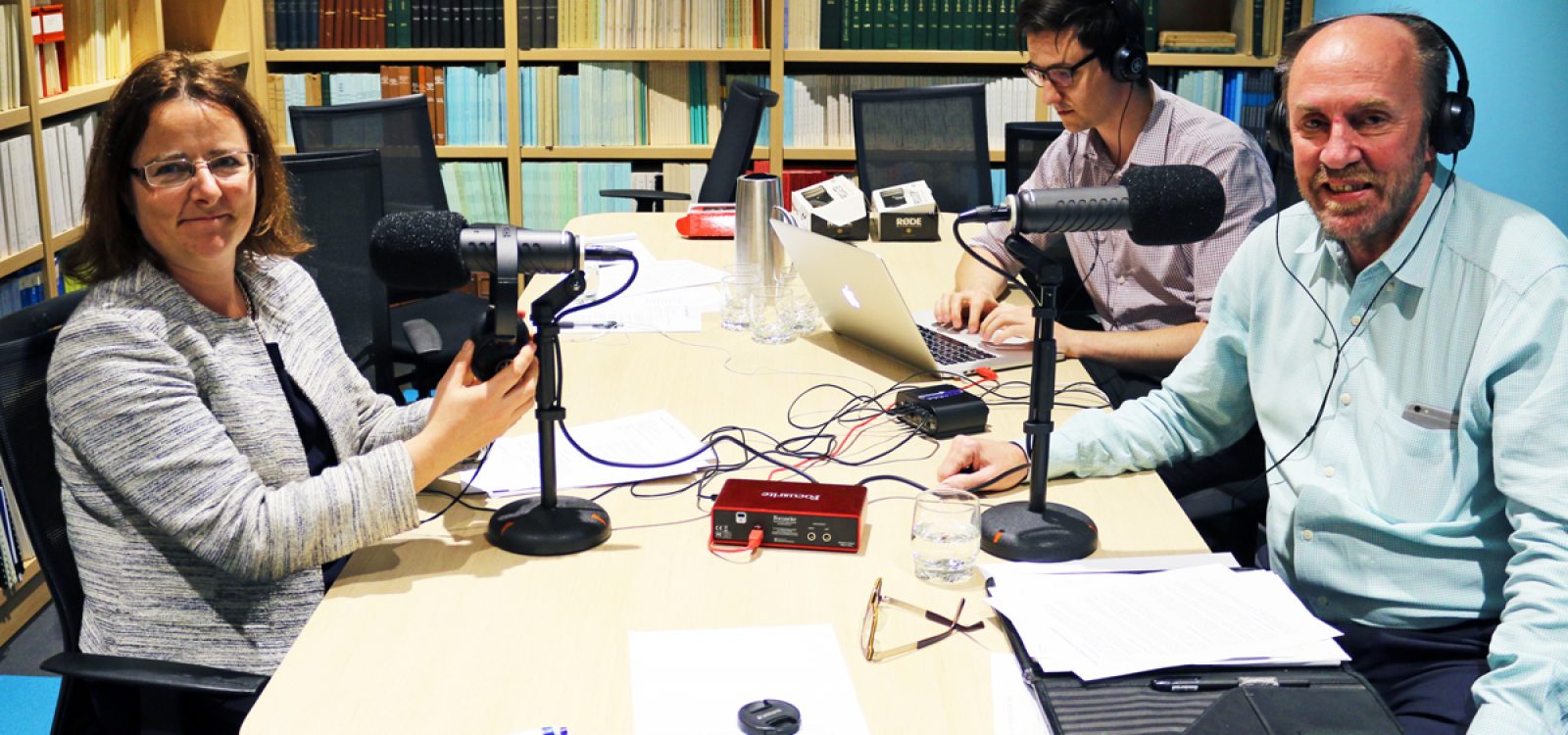
Mental Health and Insurance – finding a better way
Co-author of the Institute’s latest Green Paper ‘Mental Health and Insurance’ lets us in on the work behind the scenes, and tells a story to get us thinking – how can we find a better way to insure mental illness?
Mental Health and Insurance (the Green Paper) was published by the Institute recently and is receiving great feedback. About a year ago I reluctantly agreed to draft it, and due to the hard work of my colleagues Sue Freeman and Ellen Adamson, along with input from innumerable people, we made it.

So what? Well, it was a big ‘phew’ from me, Sue and Ellen. For the Institute, of course, it’s a big tick off another achievement for their public policy work and strategic plan. So is that all?
Well, it’s up to you. The information in the paper, including the nine suggestions about how to do things better, as well as the stimulation from the Institute’s PR machine, provides the perfect opportunity for interested organisations and people to get a renewed sense of collaboration and optimism. How long will that opportunity remain open? A month, maybe a year – certainly not forever. Together, each of us – people and organisations – can make a difference just by talking about it and encouraging action.
What’s that, you haven’t read the paper? Oh, I thought everybody read it the weekend of its release. Come on – the summary is only three pages! Not to worry – there’s a cool podcast series from the Institute called ‘Peace of Mind’ (see above photo of me recording Episode 1 with Elayne Grace). The real purpose of this posting, though, is to entice you to have a look at these short videos I made with my personal thoughts about the subject.
And to whet your appetite, here is a little story.
A friend of mine* had a hard time at work – feeling stressed, unappreciated, with a boss not interested and a colleague undermining her. She put up with this for a while but she was going downhill quickly.
She figured she had an HR issue and plucked up the courage to open up with her HR manager about what was happening. After some discussion she agreed to make a formal complaint so that HR could conduct a proper investigation.
Of course once the HR investigation was underway and with help from the office grapevine, she soon became very unpopular. There was even a bit of vilification – ‘how dare you accuse me’, ‘gosh you’ve really destroyed the morale around here’.
In the end, the HR investigation didn’t determine that anyone did wrong to my friend*, instead suggesting that perhaps she should look for another job.
Now she had an Industrial Relations issue. Her union rep said that was constructive dismissal – and she should take it to the Fair Work Commission, and they had a lawyer to help her. Not much joy – at conciliation her employer offers through gritted teeth her old job back, but that doesn’t seem like a good outcome at all! Instead three months pay ends the haggling by the lawyers. Another case closed.
Now my friend starts seeing her GP more and more, trialling a couple of anti-depressant medications. Her GP mentions that Medicare will pay for a 12 session Mental Health Program. What has she got to lose?
More helpful advice from the union. She has a workers compensation claim. She finds the workers’ comp people very responsive – and the rehabilitation consultant appears the next week to get her back with her employer. What sort of an idea is that? Anyway, her sick leave has long expired and she has to live. Her GP now gives her a ‘fitness certificate’ every fortnight saying she is not fit for work because she has an Adjustment Disorder with Mixed Anxiety and Depressive Mood.
A few psychiatric examinations later, having told her same story about 15 times, she gets her workers’ compensation claim accepted. At least that will provide income for two years. Sadly, she deteriorates and does badly over time with too many different medications, and too many psychiatrists telling her different things.
Now she is enjoying nothing much, and can’t even get out of bed before noon most days. She has been drinking more and more –over a bottle of wine a day – but why should she try to give up? At least she now has some sort of routine in life, and the workers’ compensation people aren’t bothering her so much. But now, can you believe the compensation stops after two years? What good is that?
Maybe she’ll have to start drawing on her super. What about the insurance that comes with the super fund? Perhaps if she died she’d get a decent payout and finish off the mortgage on the flat. But there is a better way – there is disability cover in the super fund as well as death. Now we have a TPD claim.
The insurance company talked a lot about getting her back into the workforce. She says ‘I can’t, just leave me alone and pay my rightful money’. More lawyers, more psychiatrists, threats of litigation. But in the end her claim was successful.
In this case there were four problems: HR, IR, WC, TPD. Four systems. Four lots of experts.
As a wise man once said to me “if you are in this system for a couple of years you are guaranteed to be crazy”. My friend* wasn’t happy, but neither were her employer, the GP, the workers’ compensation insurer or the TPD insurer. Maybe the lawyers and the psychiatric specialists were? I’m not sure.
Let’s find a better way. Good outcomes don’t cost money, they save money.
(*actually an imaginary friend)
CPD: Actuaries Institute Members can claim two CPD points for every hour of reading articles on Actuaries Digital.






